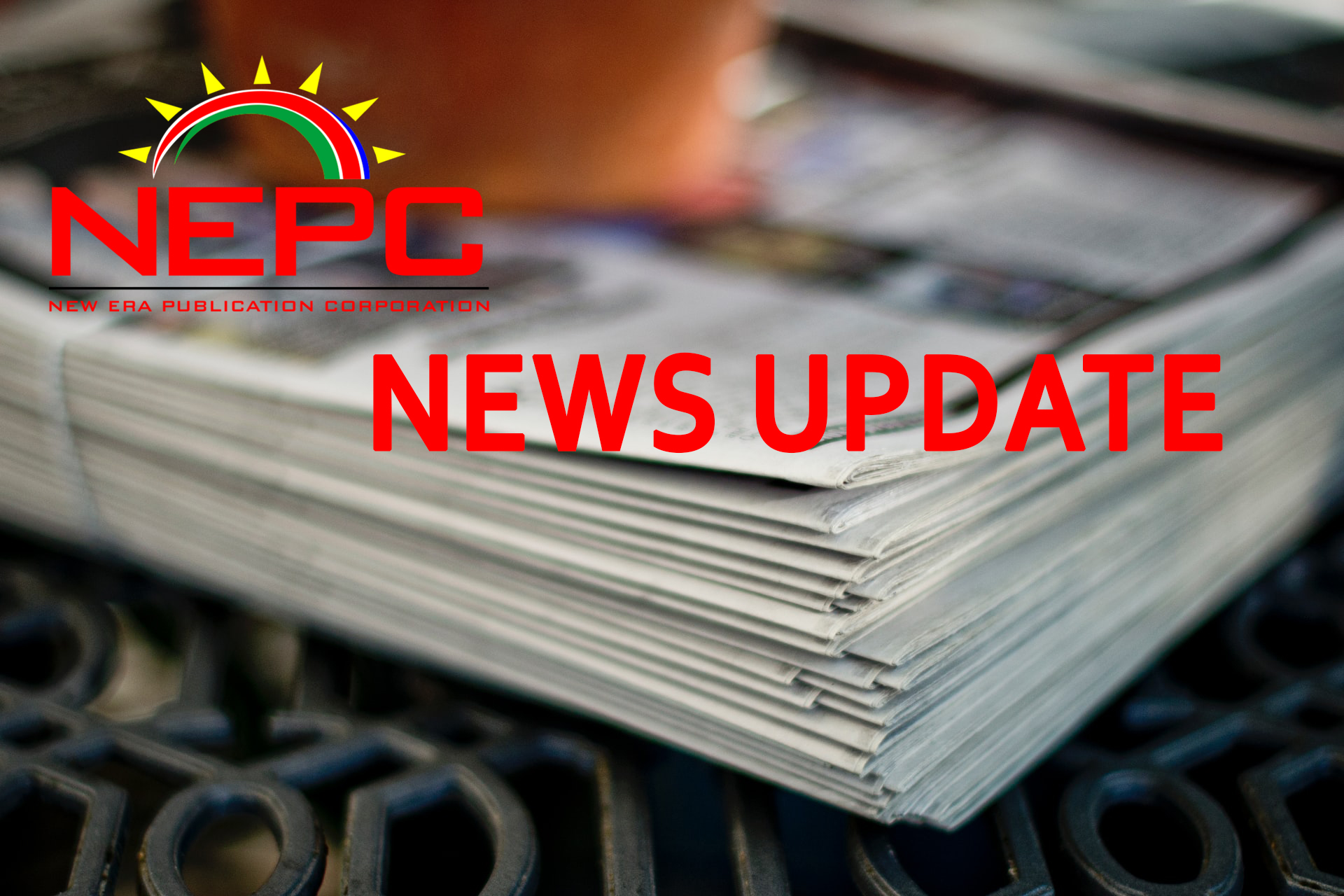Johannes Shifela
The debate about whether science can be taught in Namibian languages as a medium of instruction in schools and universities rages on.
One of the reasons, that the majority of the scholars base their arguments on is the lack of scientific words in Namibian standardised languages. This is because science is not part of the Namibian cultures, nor the African cultures at large, as the saying goes “language is culture”.
During the Bantu education system, Namibians were taught in Afrikaans as a medium of instruction. When the Government of Namibian took over in 1990 it adopted a policy titled: ‘The Language Policy for Schools: 1992-1996 and Beyond’.
This policy rules that: “Grade one to three will be taught either through the home language, a local language or English.” This simply means that the medium of instruction for grades one to three shall be a home language, a local language, or English.
In addition, it states that from grade four to 12 the medium of instruction shall be English. It further states each learner should study two languages: a mother tongue or predominant language and English.
To answer the question of whether Namibians will have an opportunity in future to learn science in their vernacular languages, let us look at the following overview: Languages are just like human beings, in the sense that they lack some components. A great example is when a person does not have something, for instance money, he/she will borrow from someone to meet his/her needs. In the same vein, a language also borrows words from other languages to meet its speakers’ needs. Now think about the following words in your home language: a pen, tractor, machines, keys, radio, bread, and butter, to mention a few. If I ask you whether you get them, the answer will be yes. What is interesting is that you might be saying that all those words are English words, which is not; hence if we look at the etymology of the last three words they are Dutch words. Many of us do not recognise that they are loaned to our local languages from European languages. They are adopted in our Namibian languages through the phonological and morphological adaptation process.
It could be argued that Namibian languages can loan words from European languages (such as English, Portuguese, French, and Dutch) whose science is part of their cultures. This can be done through pivotal studies on various phonological adaptation processes (namely, the phonological process in handling vowels, consonants, consonant clusters, phonological variations and loan-words) and morphological adaptation processes (namely pre-fixation, affixation, reduplication, substitution, insertion/epenthesis and derivation) as articulated well by Uushona (2019) in his comprehensive study titled: ‘An Investigation into the Phonological Integration of German Loan-Words into Oshiwambo’.
Another method to create scientific words in our Namibian languages is through translation by applying “foreignisation and domestication” as narrated by Shatepa and Shikesho (2019) in their pivotal study titled: ‘The Case of Oshiwambo-English/English-Oshiwambo Translation of Informative Texts: is Meaning Lost in Translation?’
In addition, we can create scientific words through other alternative methods, such as using our senses (touch, sight, hearing, smell and taste).
A great example to look at is the current situation of Namibians studying and taking learners' driving license tests in their local languages, for example, Oshikwanyama. One of the study materials written in Oshikwanyama is titled: Embo lokulihonga okushinga laNamibia: Embo 01 translated as 'Namibian Learner’s Driving License Manual: Book Number 01'. Another example to look at is the current situation of the mother tongue medium of instruction from grade one to three, whereby learners learn science subjects, for instance, Mathematics in their mother tongue. Not to forget, the ideal example of loan words adopted in the indigenous languages that we use daily. These examples should be a case study, a starting point and encourage us to adopt and create scientific words in our local languages.
Moving forward, the expectation is that changing the medium of instruction from English to mother tongue(s) throughout the school phases will come with challenges, such as a lack of teaching and learning aids.
However, one could postulate that teachers are trained to be creative; rather than being textbooks bounded. I hope that there will be emerging authors who will write books in their areas of specialisation or get copyrights from publishers (or authors) to translate the present teaching and learning materials into various Namibian languages. Learning science in our vernacular languages will have more advantages for our languages and educational stakeholders. Firstly, it will boost the vocabulary of our languages. Additionally, it will ensure inclusion and quality teaching and learning. Furthermore, it will avoid knowledge gaps and increase comprehension, which will result in improved learning outcomes and academic performance. In other words, it will enable learners to master the content learnt, hence there will be no language barriers to comprehending the content learned. It will also increase learners’ critical thinking, hence they will enjoy learning in their mother tongue, and because it is the language to their heart and emotional bounds are attached. Moreover, parents will be more likely to communicate with teachers and participate in their children’s learning.
*Johannes Shifela is a linguistics scholar and author. - shifelajohannes@gmail.com


